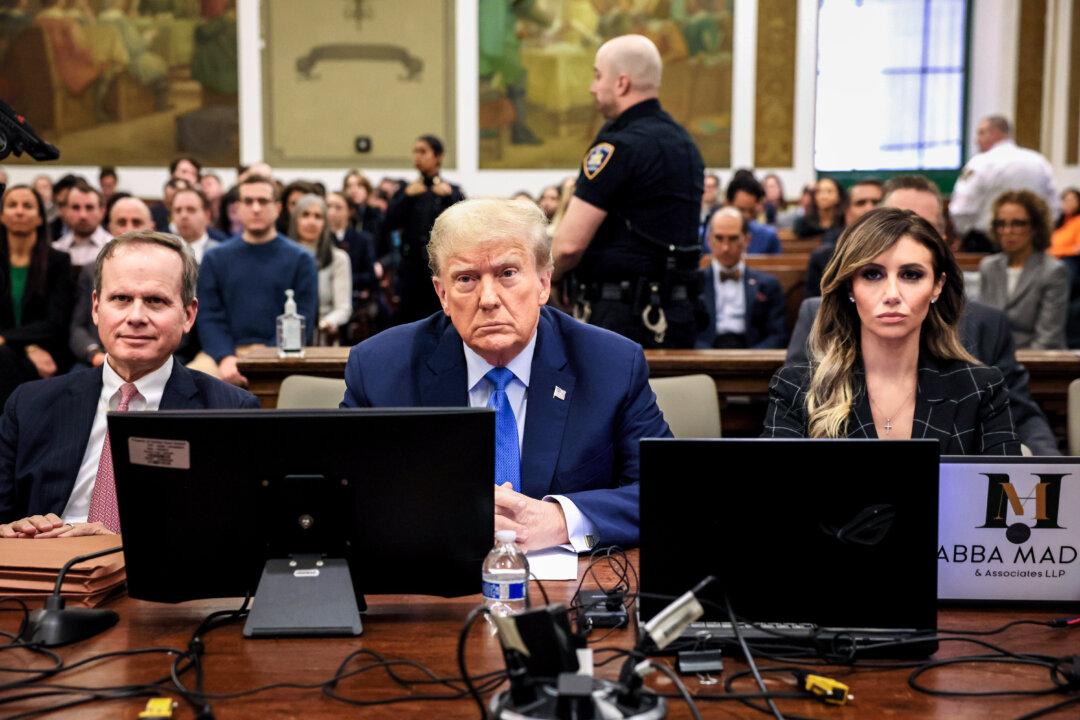Special counsel Jack Smith, who is prosecuting former President Donald Trump for alleged actions on Jan. 6, 2021, has urged the Supreme Court to deny the former president’s request to stay the case proceedings while he appeals a ruling that he’s not immune from prosecution.
Mr. Smith argues that President Trump has a low chance of winning a review by the high court based on the merits.





